Forgiveness
One Survivor's Perspective

Forgiveness is Confusing
When speaking at an event, I am often asked if I have forgiven the people who trafficked and sexually abused me. I am always at a loss for words because I am confused about whether my response is more for the person asking and whether I am highly evolved enough to forgive those who abused me. Or is this person wanting to know if it is okay not to forgive and forget?
Forgiveness is a confusing and highly charged concept. Depending on with whom you talk, you will get a different definition. Many feel that forgiveness has been weaponized as a form of gaslighting, institutions and the perpetrators. Forgiveness has been seen as letting the perpetrator off the hook and blaming the survivor. Many see forgiveness as evil disguised as good and a public display of outwardly religious rite. Some interpret the forgiveness narrative as not about the well-being of the survivors but for society's comfort. Many feel the spiritual connection to forgiveness is the prerequisite for healing. The religious pressure for survivors to forgive their abusers in the name of a higher entity deems as a righteous act. Some believe that religious entities and abusers have used forgiveness to ensure survivors' silence, minimize the short and long-term impact of the crime, or release the perpetrators from responsibility or the punishment they deserve. Is the forgiveness narrative a covert way of maintaining the status quo, pretending that sexual abuse is not a societal problem?
I have struggled, myself, with the meaning and expectations of forgiveness. Through my interviews and research, I have mostly found articles, videos, podcasts, and people focusing on women survivors forgiving their male abusers. Why are male survivors not sharing their ideology of forgiveness? Are we not supposed to talk about such a thing base on society's norms? I have struggled, myself, with the meaning and expectations of forgiveness. Researchers hypothesize that men may find forgiving hard because of cultural views about masculinity. For some men, the meaning of forgiveness doesn't align with what they were taught about the traditional male gender role and is viewed as feminine behavior. Does this theory prevent male survivors of sexual abuse from stepping forward, reporting, and forgiving because the act may further belittle their ideals of what a real man is?
It seems so easy for motivational speakers and authors to impart their pearls of wisdom and how imperative it is for each of us to forgive. Many of these individuals are not survivors of sexual abuse, and fewer are male survivors.



Forgiveness means something different to everyone

Brené Brown states that...
"to forgive is not to be altruistic. It is the best form of self-interest. It is also a process that does not exclude hatred and anger." She surmises that by practicing forgiveness you become a better person than being consumed by anger and hatred. "Remain in that state locks you in a state of victimhood, making you almost dependent on the perpetrator. If you can find it in you to forgive, then you are no longer chained to the perpetrator. You can move on, and you can even help the perpetrator to become a better person, too."

Mel Robbins shares that...
you act upon forgiveness when you are ready. She emphasizes that forgiveness is a skill that you need to practice. She defines forgiveness as "you are no longer torturing yourself over what happened. You're no longer making yourself wrong. You're no longer wishing it were different." She stresses that forgiving is a choice, "Forgiveness is about freeing yourself emotionally, spiritually, physically, mentally."
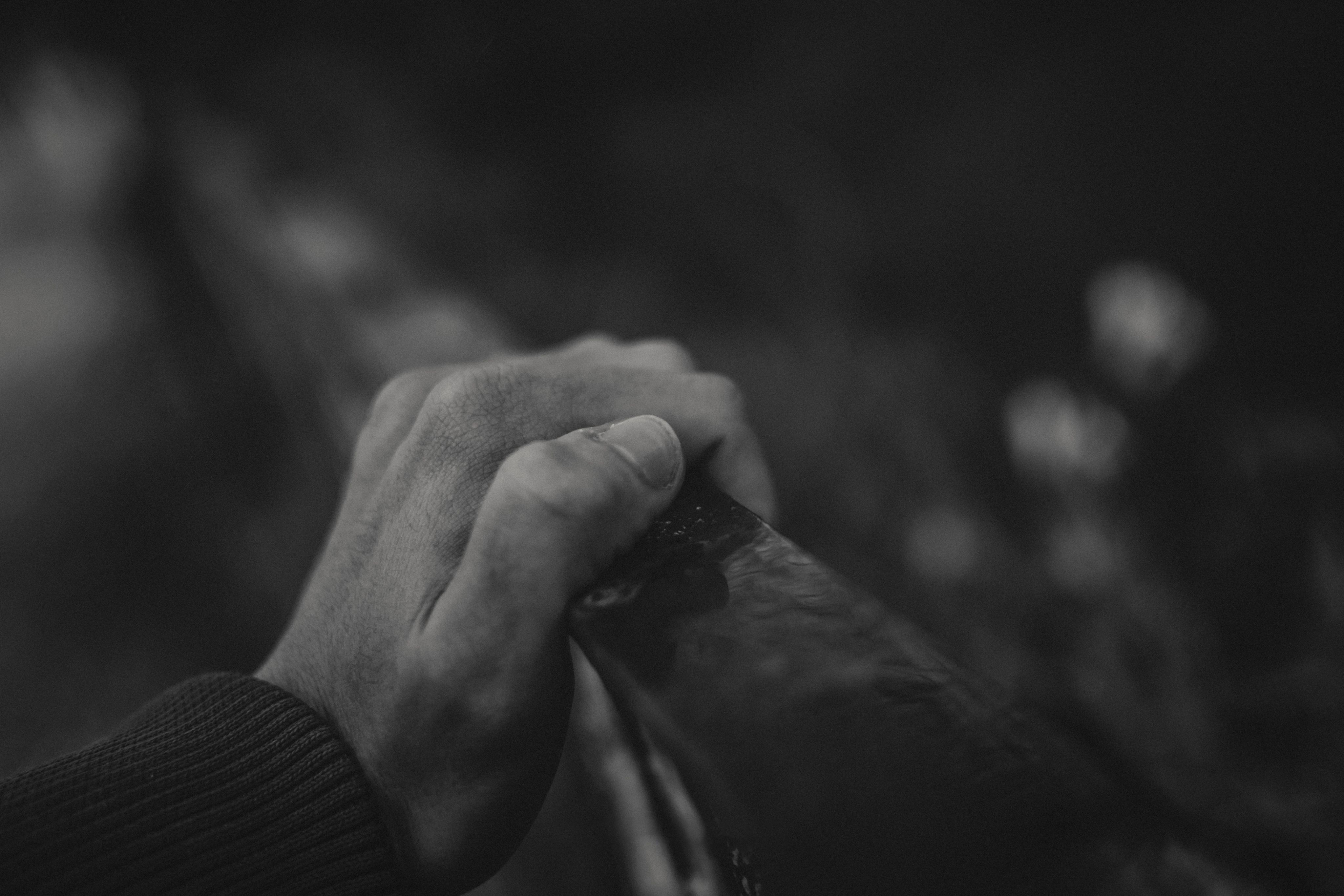
Glennon Doyle posted that...
"I forgive everyone because I'm desperate for freedom. Some things, like anger and pain and betrayal - they're just not meant for keeping. They're too heavy. They're meant for- giving. Give your heaviest hurts away. NOT FOR THEM. For you. So, you can travel light. So, you can dance instead of trudge. They've taken enough from you- don't let them take your lightness, too. Forgive them so they don't own you anymore. Don't forgive to be NICE - forgive to be FREE."
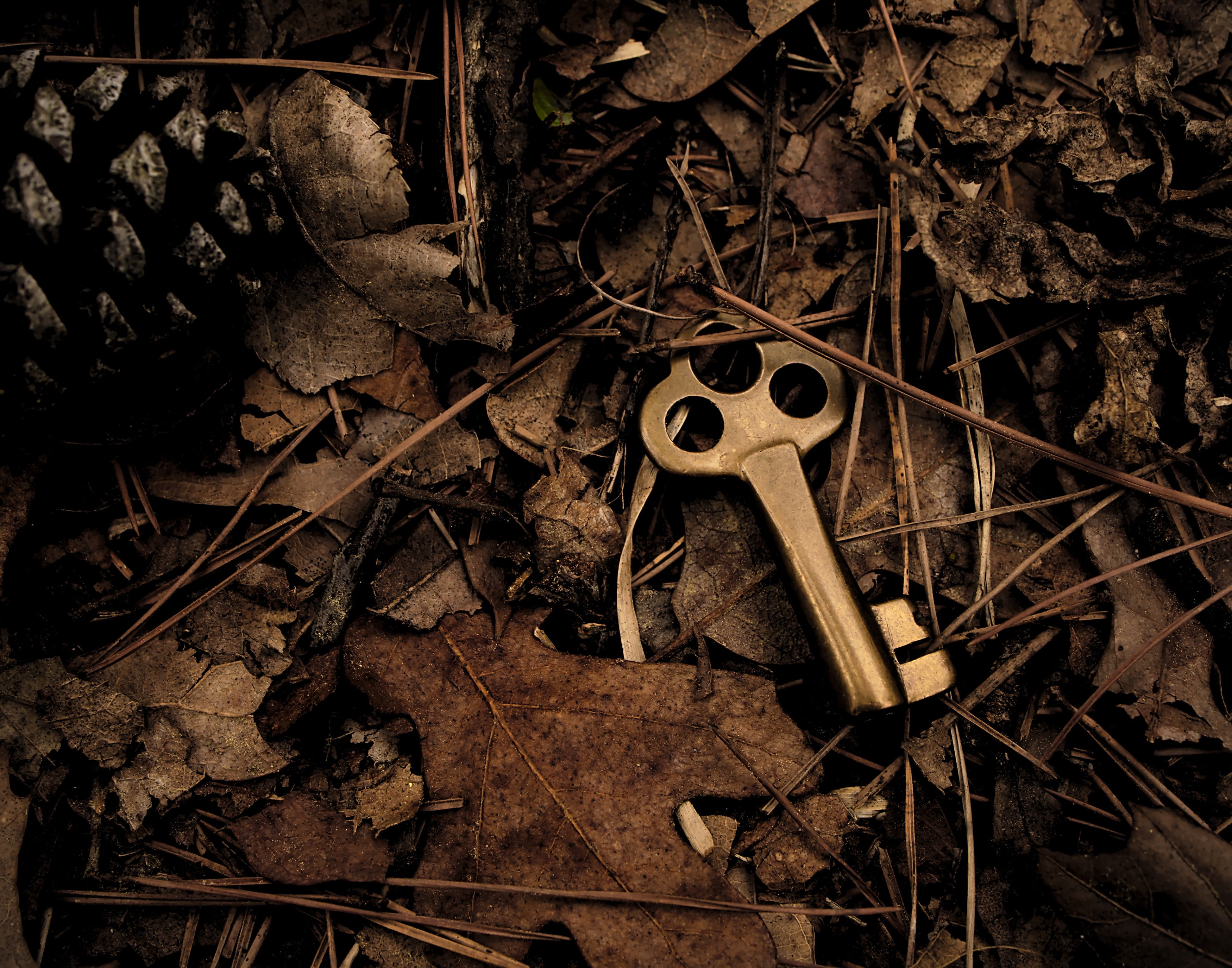
Coach Chris Lee states...
Many people believe forgiveness validates the other person's actions but insists that forgiving is not about the other person but the person who is forgiving." It is about a choice to no longer give someone energy they don't deserve." He points out that not forgiving the abuser keeps harming you, even long after the abusive event. "Forgiveness is the key to freedom."

Tony Robbins tweeted...
"Forgiveness liberates the soul. It removes fear. That is why it is such a powerful weapon."
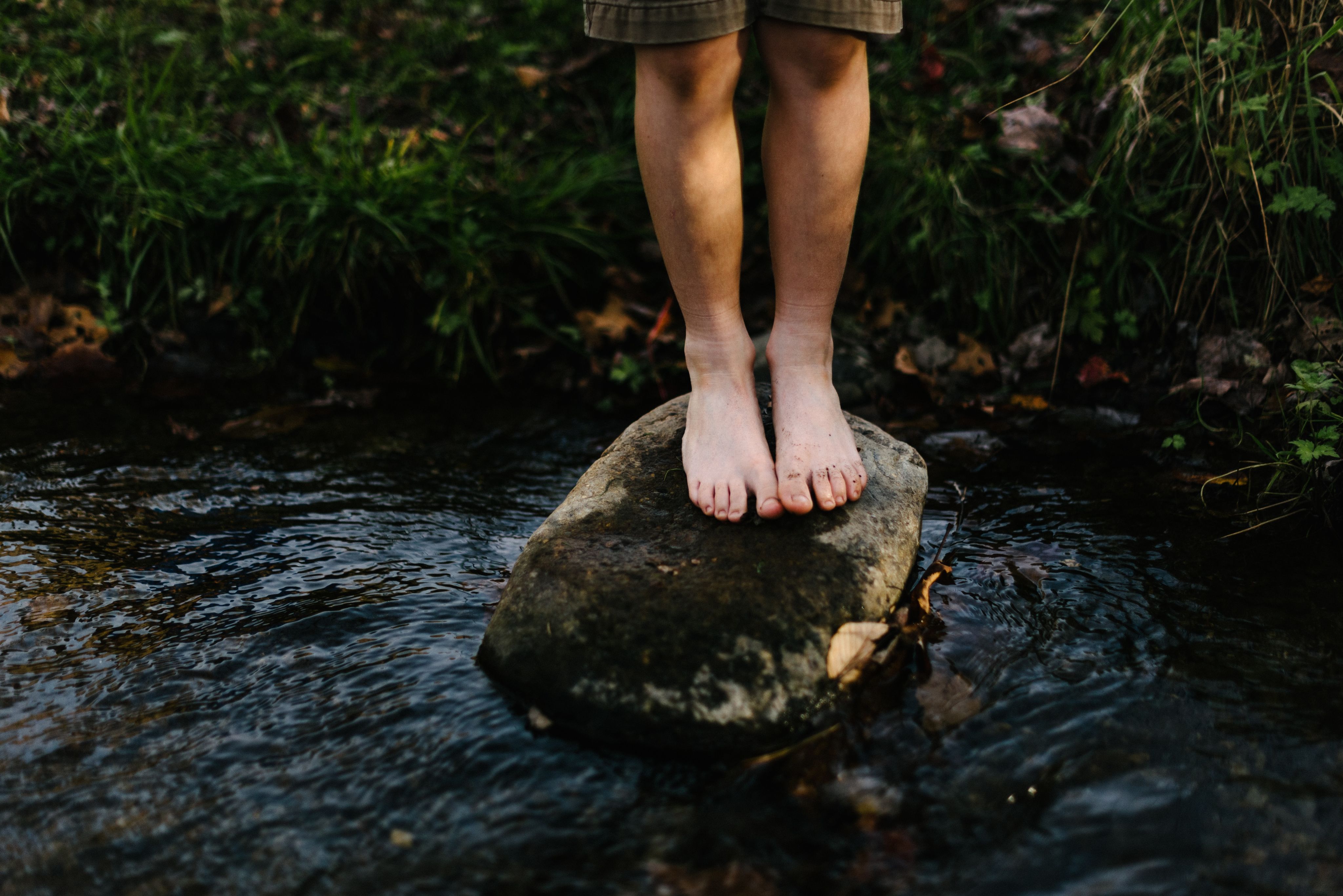
Survivor, author, and speaker Gigi Kilroe shares that...
"I am often asked if I have forgiven the four men that projected their violence and abuse onto me. To be honest, I have a hard time saying that I "forgive" them, because I don't excuse their actions. What I will say is that they now mean nothing to me. The opposite of love is not hate, it's indifference. They mean nothing to me. I don't care if they win the Nobel Prize or drop dead. If forgiveness means you have reached the point of no longer being affected, then I'm there."
When I interviewed Pastor Jesse Bradley, he shared:
"God gives us a full pardon through Jesus. It's not easy, cheap, or free. The highest cost was the payment for our sins. The forgiveness is eternal, personal, and complete. It is an undeserved gift. It is a guaranteed pardon. In our relationships with other people, forgiveness means letting go of bitterness, resentment, and trying to get revenge. We trust God will have the final say and will bring justice. It's also fine with forgiveness to still have space from people who are not safe. Forgiveness is mainly in your heart that you let go of that bitterness and revenge. Because God has forgiven you, you offer forgiveness to people who wrong you. Healing is a journey and takes time."
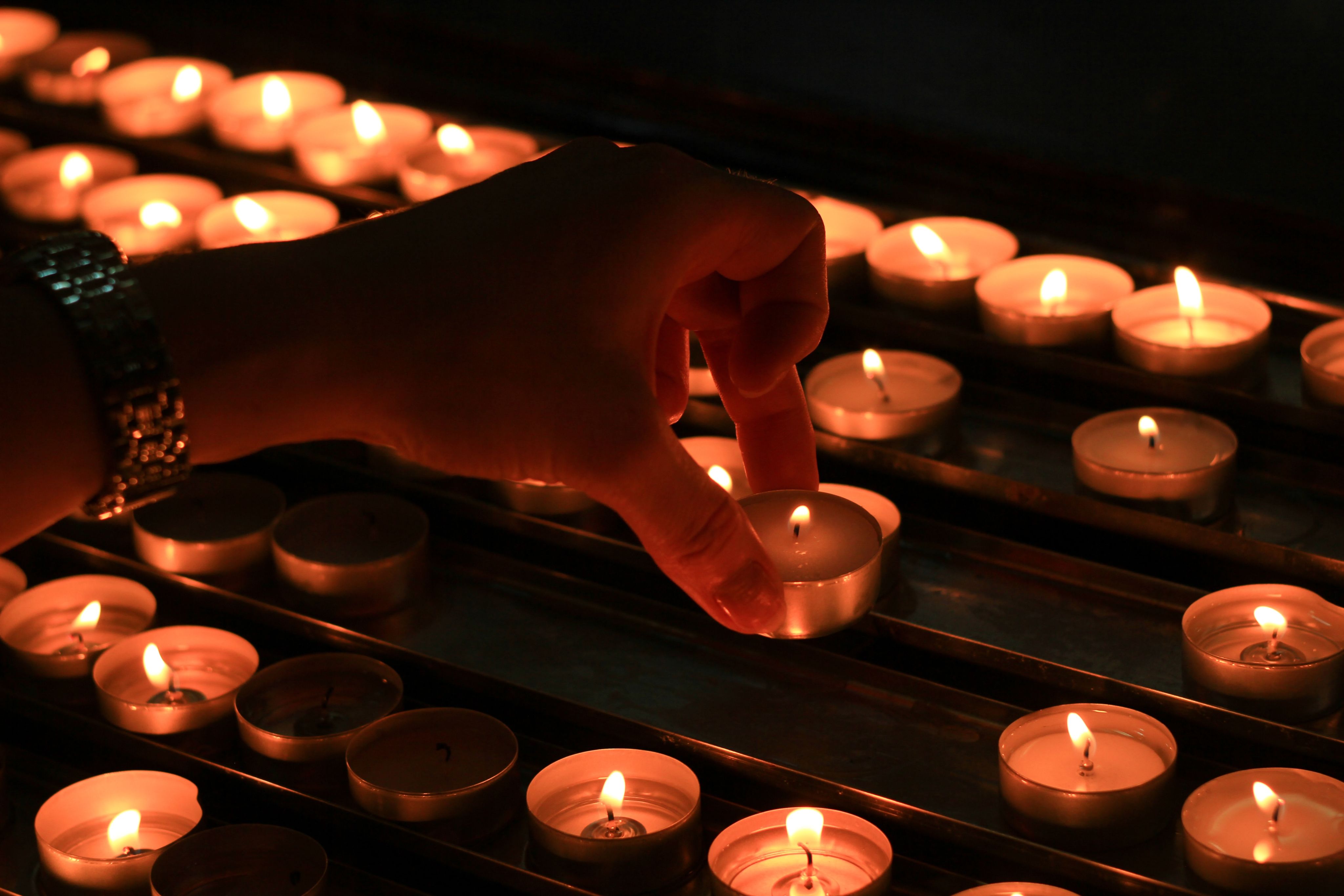
How my story connects with forgiveness
It never crossed my mind that I could forgive the professionals that trafficked me during my high school years; I had normalized and disassociated myself from the abuse to function throughout the day. I convinced myself that it was my fault and that I was responsible for the traumatic events because I wanted to go to the Olympics.
I was also confused about why God would allow this to happen to me. What did I do to cause my initial sexual experience with a 60-year-old doctor in a cheap motel? I was confused because my mom constantly told me how lucky I was to have people interested in my talent and that they invested in me. I felt I owed them something; the only thing I had was me. So, I found a way to do what I thought was expected. I buried these feelings about being abused. I convinced myself that it did not matter and to "get over it." It took a sophomore student to come into my classroom and share about his abuse, opening Pandora's box and reigniting my memories. I realized that I was not "fine," and the memories were more than I could handle.

I struggled to be truthful to myself, and I could not remember much of my high school years. I would look at pictures and not even remember posing. I felt a deep sadness about the boy in the photos. I felt disassociated and grieved for that boy, but I was reluctant to understand why. I started having dreams where I was two separate people, my boy self and my adult self. In the dream, my boy self tried to reach out and take ahold of my adult self's hand, but there was always a brick wall separating my two selves. No matter how hard the boy self tried, the brick wall kept them apart.
I started journaling and sketching, and as I did, I started recognizing similar themes. I reread older journals and started piecing the story together until I realized there was a possibility that I was trafficked and abused. I began seeking professional help to understand my lost memories. It wasn't until I could admit I was a survivor that I could start my healing process.
I had no desire to forgive the abusers at the time because I was not ready to do that, and I did not know how. I had this strong sense that since I did not matter to them, why should I grant them forgiveness. I still felt trapped and triggered and was angry that what they had done was still negatively affecting me. I worried that if I forgave them, it meant that I was condoning their actions and saying it was all right. And lastly, by the time I discovered my truth, I was sure many of the abusers probably had passed away.
As I continue my healing journey, I have learned that I have the choice to forgive, and that by forgiving I regain my power. I have forgiven some of the abusers, those with whom I connected, like my coach and parents. I still resist forgiving the others, but I have created a sense of letting go and not giving them energy. Maybe that is a form of forgiveness, and if it is that I am continuing to work on it.

Ways to Forgive
With as many different meanings people have for forgiveness, there are just as many or even more ways to forgive. Each survivor's experiences are unique, as is their healing journey and how and when they approach forgiveness. Survivors do not need extra pressure to forgive the way certain people insist; we must find the ability within ourselves and on our timetable.
Forgiving our abuser(s) may bring freedom, but we cannot force it, or we will fabricate the forgiveness to ease the pressure.
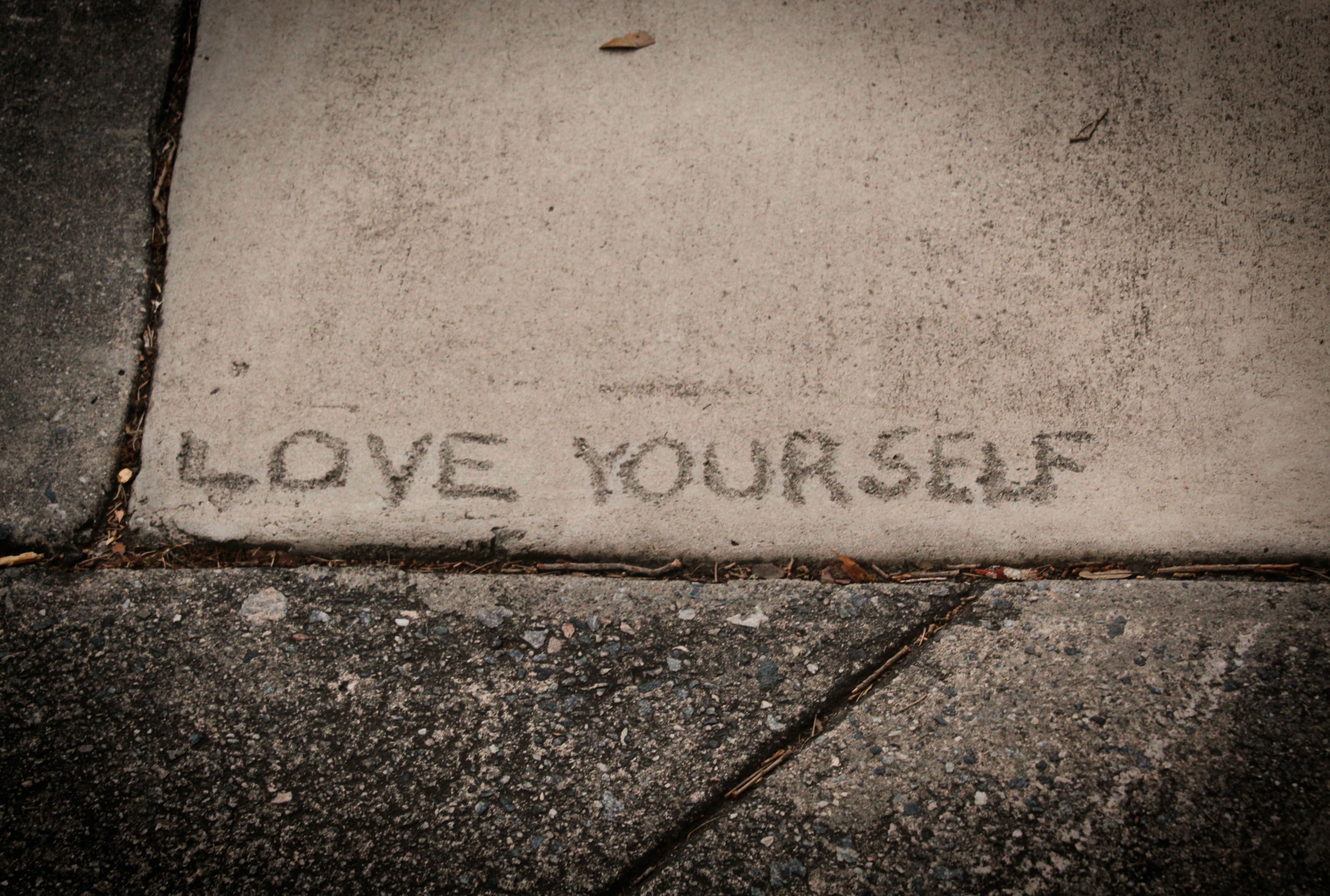
Gigi Kilroe found...
that therapy worked best for her. "I was blessed that I found an incredible therapist who helped me through my healing journey. She was with me every step. I can't stress enough how the right therapist made all the difference. For years and decades, I battled depression and an eating disorder. I turned all those negative feelings inward toward myself. The most important person I forgave was myself for turning all that self-hatred inward. What an amazing feeling of self-love and peace I never knew was possible. When I speak to groups of survivors, I remind them of this, 'NO ONE has the right to extinguish the light that shines within you.'"
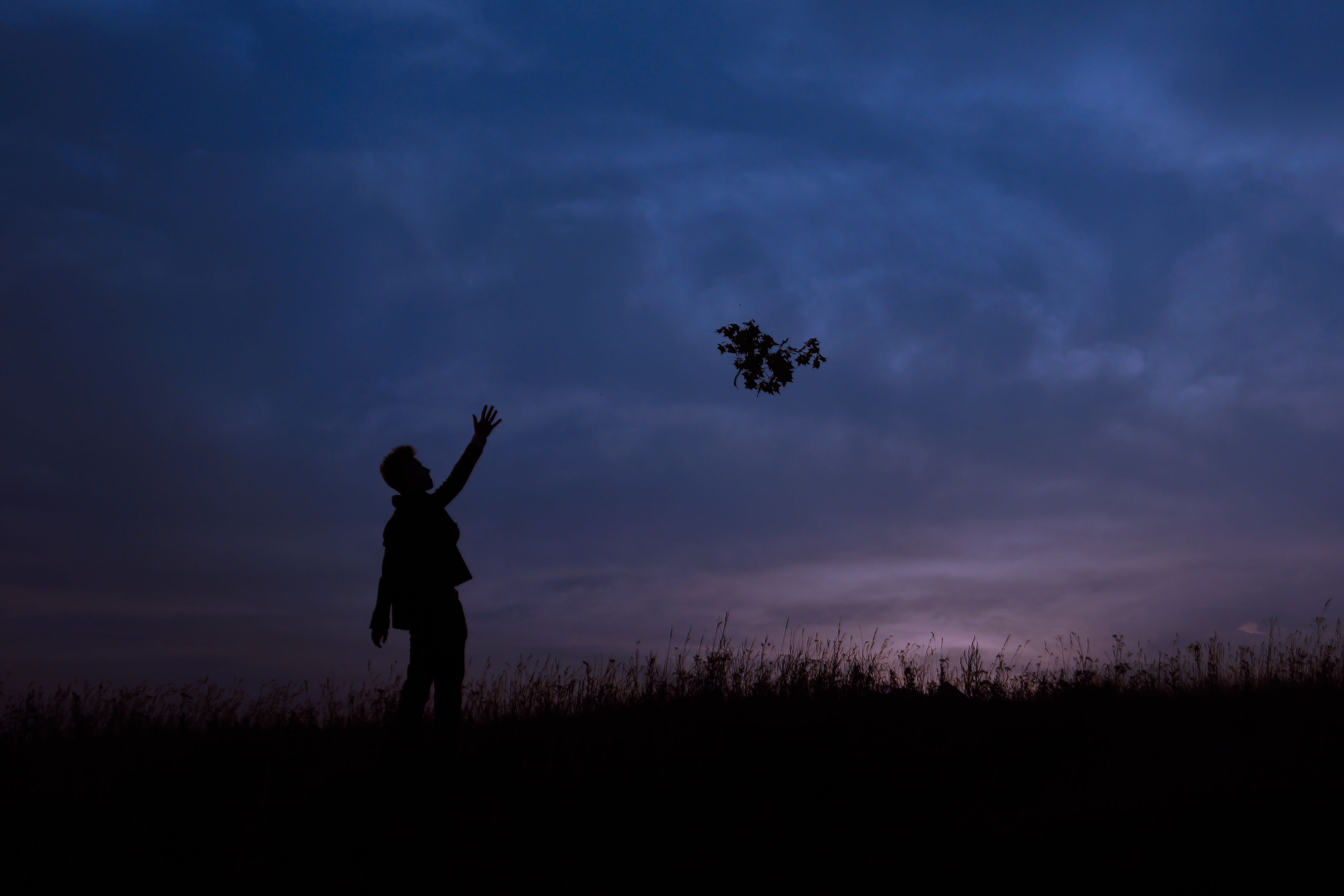
Author, speaker, and grief expert Ashmeeta Rama Madhav told me...
something that stopped me in my tracks during our interview. She shared that abuse is like "losing someone dear to you, and you must grieve this loss." She explained that once the survivor acknowledges the abuse, that survivor has to find a way to grieve the loss before beginning the healing journey. Once the grieving process is through, the survivor can start approaching the idea of forgiveness; otherwise, the survivor will never be able to forgive themselves.

Perry Power, author, speaker, and survivor, says...
"Forgiveness is for yourself, first. You do not need to forgive the abuser before forgiving yourself." He emphasizes that to forgive ourselves, we first must acknowledge and take ownership of the truth that we were abused, regain our power, and own our story, so we do not need or seek validation or approval from others.
Males tend to ignore and bury uncomfortable feelings based on what others have taught them. Harboring any notion of being sexually abused can cause males many long-term issues like PTSD, anxiety, depression, panic attacks, suicide, etc. Breaking the silence means expressing what you perceive as your truth through journaling, writing, poetry, art, painting, pottery, etc. As you become more aware and comfortable with your truth, you can share with a person you trust, forgive yourself, and then forgive the abuser.
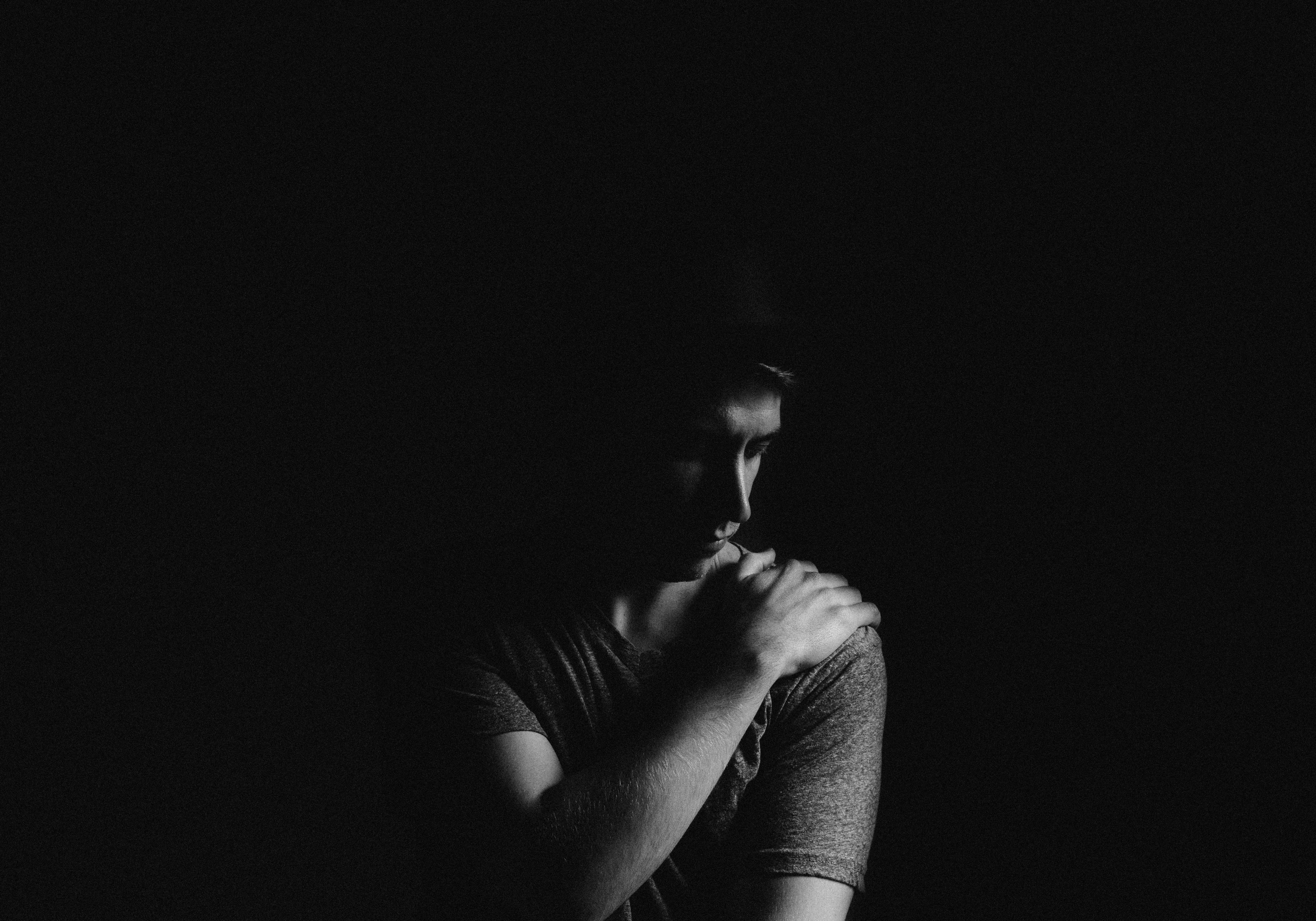
Maaria Mahmood and Hadil Nour create the 4R's of forgiveness:
- Responsibility: Accept what has happened and show yourself compassion.
- Remorse: Use guilt and remorse as a gateway to positive behavior change.
- Restoration: Make amends with whomever you're forgiving, even if it's yourself.
- Renewal: Learn from the experience and grow as a person.
Forgiveness is a personal endeavor, and you must respect yourself. You will know when and if you are ready to forgive. Do not feel pressure from society, experts, or religious figures. You know what is best for you.


About the Author:
John-Michael Lander is a Survivor, Advocate & Public Speaker
He is also the founder of An Athlete's Silence: www.anathletessilence.com
